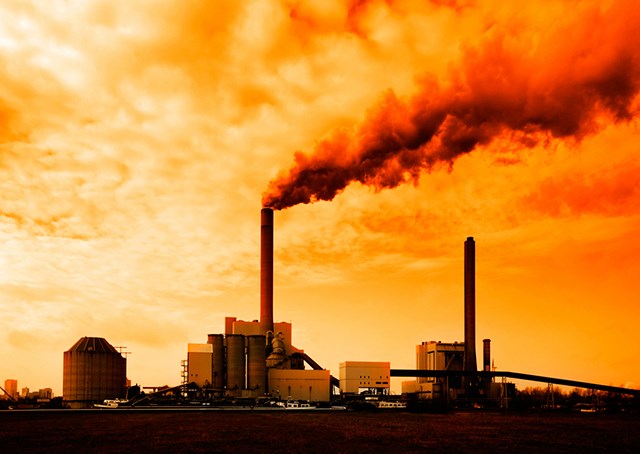What do a recent measles outbreak and climate change have in common?
They’re both issues involving clear scientific evidence that many people feel free to ignore in favour of their personal belief system.
Recently, medical authorities blamed a measles outbreak at Disneyland on increasing numbers of parents who reject recommended childhood vaccinations. It’s a similar phenomenon to that which occurred in the Fraser Valley last year.
The very success of vaccines has taken away the fear of childhood disease that in previous generations would have provided a powerful motivator to act.
Science has been conclusive about the societal benefits of vaccines and has long ago debunked the theory linking them to autism. But that has apparently done little to change people’s beliefs and therefore their behaviour.
Unfortunately, disbelief in scientific evidence isn’t limited to the medical realm. In fact, according to a recent U.S. study, our tendency to ignore evidence is well entrenched on many issues.
For instance, the study found 87 per cent of scientists accepted that human activities are driving climate change, but only 50 per cent of the public believed that.
We’re more likely to believe the opinions of Hollywood celebrities than scientists.
And confronted with evidence that contradicts our beliefs, most of us are apparently more likely to dig in and question the evidence than to change our minds.
All of which bodes ill for our collective well-being.
Decisions, both individual and societal, should be based on reality, not on what’s convenient to believe.



